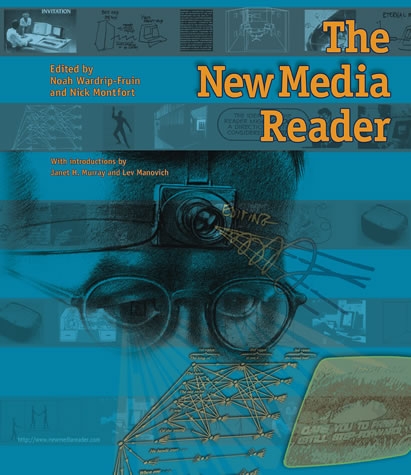What does philosophy tell us about virtual reality and virtual worlds? I’d like to start with some people who do not belong to the typical college overview of classical philosphers, people who started thinking about the augmentation of human intellect and human emotions such as Vannevar Bush (As Ae May Think, 1945), J.C.R. Licklider (Man-Computer Symbiosis, 1960), Douglas Engelbart (Augmenting Human Intellect: A Conceptual Framework, 1962), Theodor H. Nelson (Computer Lib / Dream Machines, 1970-1974)… all authors and texts which can be found in The New Media Reader (MIT).

What they have in common is the awareness that the world becomes a complex, rapidly evolving and dangerous place. In order to keep up with the challenges we need to augment our intellectual capacities, not only our rational reasoning skills but also our ability for compassion and empathy. Computers in their many forms are a crucial part of that augmentation.
The texts in the New Media Reader are often decades old. They are chosen not only because the authors were able to predict the path of technological change, but also because they show us that those authors had ambitions and visions which have not been realized yet. In other words, they still inspire us to create new things which may be beneficial for the planet. I’m convinced that augmented and virtual reality are offer possibilities in the context of augmenting our faculties – for instance by enabling us to build 3D information structures.
There are many more authors and texts in this hugely inspiring book, among them also more “recognized” philosophers (at least in continental Europe) such as Gilles Deleuze and Félix Guattari (A Thousand Plateaus, 1980) and Donna Haraway (A Cyborg Manifesto: Science, Technology and Socialist-Feminism in the late Twentieth Century, 1985).
I participate in a group reading those texts, and trying to develop practices and even tools in this context. The group, Metacaugs, lives primarily on Slack, if you’re interested have a look at our Orientation Guidebook.Â
